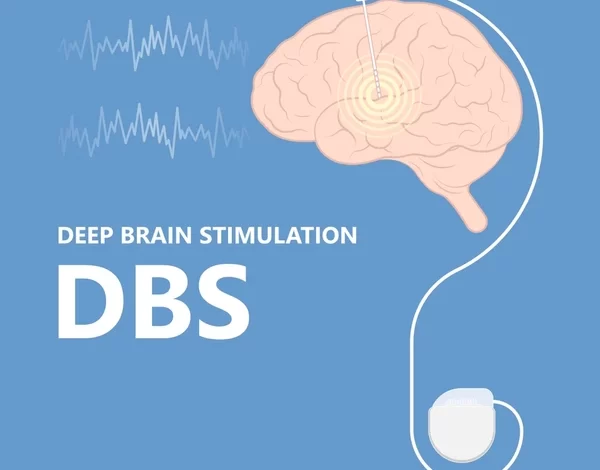Navigating Choices: Factors Influencing Deep Brain Stimulation (DBS) Surgery Decisions in Developing Countries – India
What factors contribute to the significant difference in the rate of Deep Brain Stimulation (DBS) surgery for Parkinson’s Disease (PD) between developed and developing countries? What influences the decision of patients with PD in the developing world to opt for or against Deep Brain Stimulation (DBS) surgery? What are the primary barriers hindering a larger proportion of eligible PD patients in the developing world from undergoing Deep Brain Stimulation (DBS) surgery? These questions have been addressed in a recently published medical paper from India in the medical journal – Movement Disorders in Clinical Practice. Let’s see what we as a general population can understand from this article.

Deep Brain Stimulation (DBS) Surgery for Parkinson’s Disease – The Developing World’s (India) Perspective:
- Study focused on patients with Parkinson’s disease (PD) and motor complications in developing countries (India) spanned over 5 year period (2016-2020) involving 1017 Parkinson’s Disease patients.
- Among 1017 Parkinson’s Disease people, 223 patients met the medical criteria for consideration of Deep Brain Stimulation (DBS) surgery.
- Among 223 medically indicated for DBS surgery, Only 35% (78 patients) patients opted for DBS surgery.
- Among these 78 Patients who opted for surgery, 37 patients were found to be unfit for DBS surgery during the Pre-operative workup and only 41 patients finally underwent DBS Surgery.
- So in brief, in 1017 patients with Parkinson’s Disease, roughly 22% met the clinical criteria for DBS surgery. From the whole cohort, 7% opted for DBS surgery and among them, only about 4% were deemed fit and underwent the procedure.
Let’s see what factor played a role in decision making for Deep Brain stimulation Surgery in these patients in India.
Characteristics of Patients Opting for DBS Surgery:
Demographics:
- Older age: Patients choosing DBS were generally older.
- Higher socioeconomic status: Those opting for surgery had a higher socioeconomic status.
Disease Duration and Motor Complications:
- Longer duration of PD: Patients choosing DBS had PD for a longer period.
- Longer duration of motor fluctuations: Opted-for surgery patients experienced motor fluctuations for an extended time.
Motor Symptoms:
- More severe motor disability in the OFF state: Severity of motor disability was higher in surgery-opting patients when not on medication.
- More severe freezing of gait in the OFF state: Patients choosing DBS experienced more severe freezing of gait without medication.
Psychiatric and Cognitive Symptoms:
- History of hallucinations and psychotic symptoms: Opted-for surgery patients had a higher incidence of these symptoms.
- Higher burden of cognitive symptoms: Prevalence of cognitive dysfunction was higher in surgery-opting patients.
Correlation Between Socioeconomic Status and Surgical Decisions:
- Correlation found between higher socioeconomic status and the willingness to undergo DBS surgery.
- Almost 40% of patients opting for medical management cited financial constraints.
Barriers to DBS Surgery:
Reasons for Not Undergoing Surgery:
- Financial constraints: 39.3% cited financial limitations.
- Concerns about risks and complications: 13.1% were hesitant due to surgical concerns.
- Lack of conviction about benefits: 9% were not convinced about expected benefits.
- Inadequate family support: 6.9% lacked sufficient family support.
Consideration for Future DBS Surgery:
- 31.7% of patients opting for medical management kept DBS as an option for future consideration.
Comparison with Western Populations:
- Difference in DBS surgery rates between Western and developing countries.
- In India, limited access, insurance coverage, and socioeconomic factors contribute to the low rate (35%).
- Western countries, with comprehensive health coverage, may have higher rates, but concerns about efficacy and safety still influence decisions.
Conclusion:
- Understanding the complex interplay of socioeconomic, medical, and personal factors crucial for making informed decisions about Deep Brain Stimulation (DBS) surgery in developing countries.
- Financial constraints, limited insurance, and familial support emerged as significant barriers.
- Future research and policy considerations should address these barriers to ensure equitable access to DBS surgery in developing regions.

